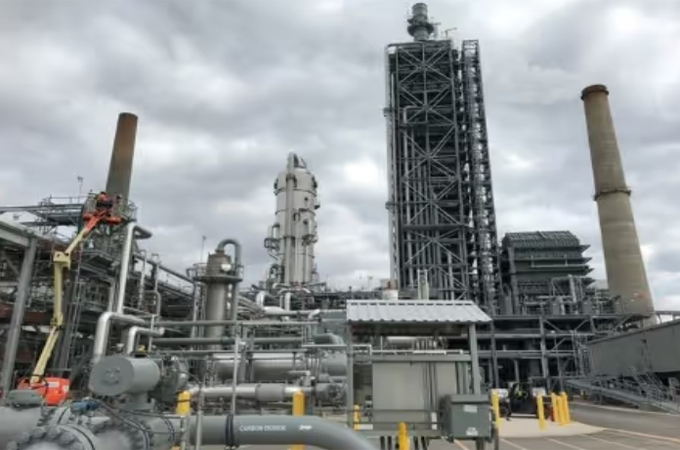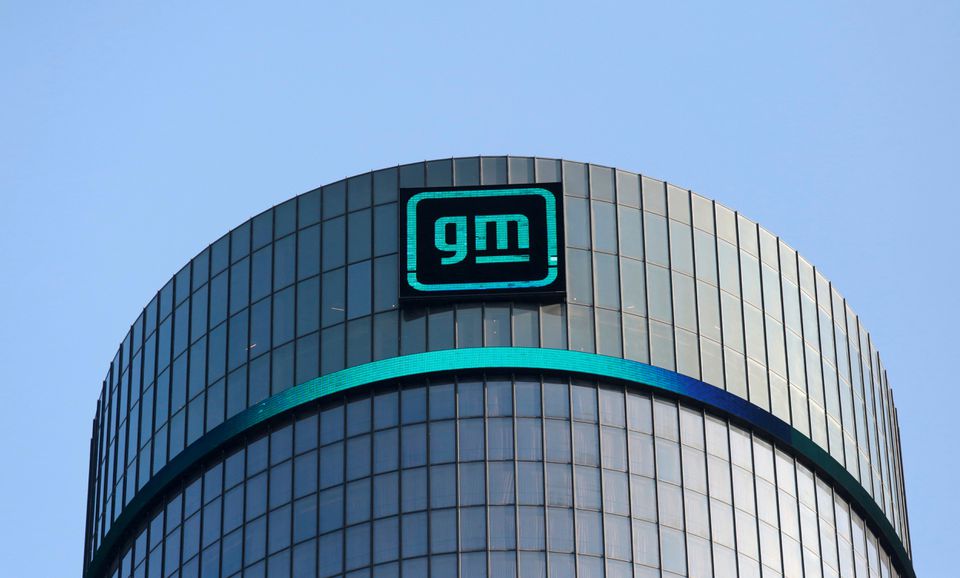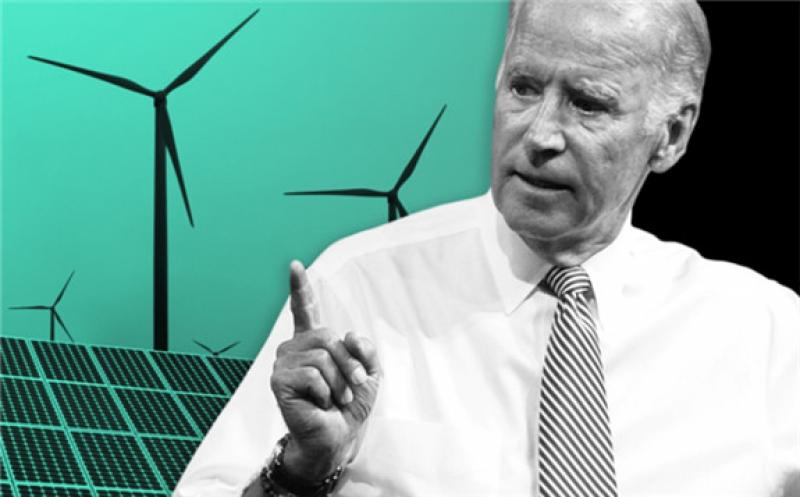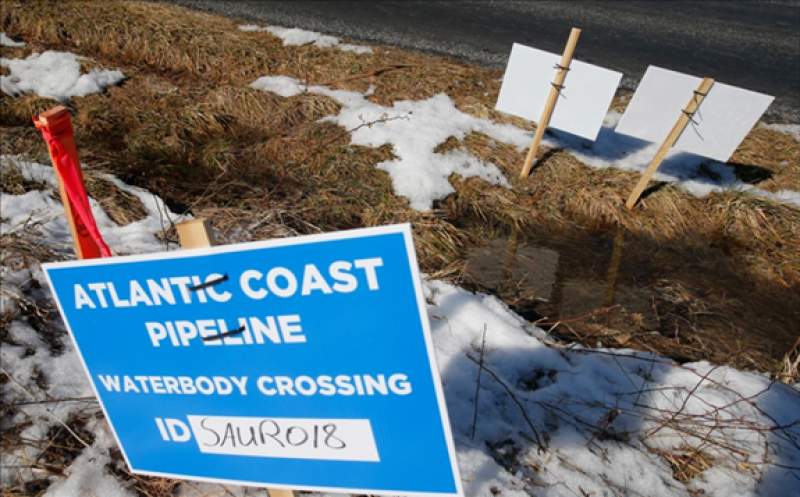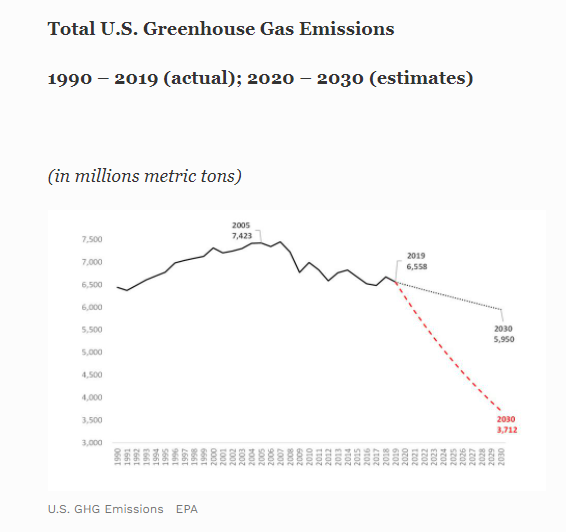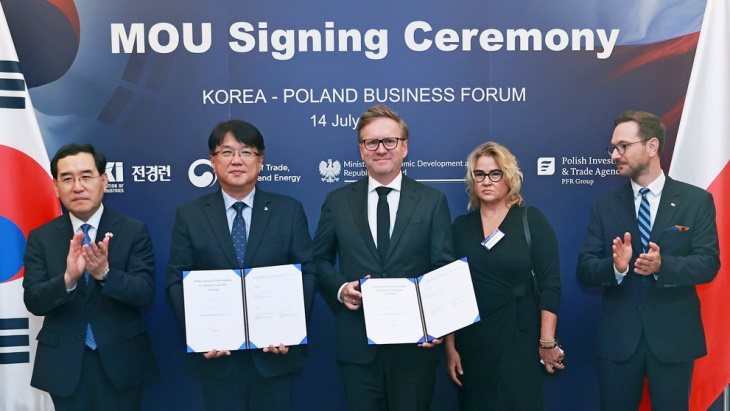
At the invitation of Macron, Modi concluded an historical visit as the Guest of Honour at the National Day of the French Republic on the occasion of the 25th anniversary of the India-France Strategic Partnership.
The leaders held face-to-face and delegation-level talks at the Elysée Palace in Paris on 14 July.
In a joint statement following the talks, they said: "France and India recognise that increasing the share of clean sources in the energy mix is necessary to achieve the Paris Agreement long-term objectives. They commit to work jointly to this end, underlining the importance of simultaneously addressing energy security issues. France and India share the conviction that sustainable solutions in the fight against climate change include the use of nuclear energy."
The statement added that the two countries had agreed to "work on establishing a partnership on low and medium-power modular reactors or small modular reactors (SMRs) and advanced modular reactors (AMRs)". In addition, France and India will continue to cooperate on the Jules Horowitz Research Reactor (JHR) "for the development of nuclear technologies and will enhance their exchanges".
The Jules Horowitz Reactor, under construction at Cadarache in southern France, will be used for testing of materials and fuels for current and future nuclear reactor designs. The reactor is being built under the framework of an international consortium of research institutes from Belgium, the Czech Republic, Finland, France, Spain, Sweden, the UK and the European Commission, plus major companies such as EDF, Framatome and TechnicAtome. Partners from India and Japan have also joined the consortium.
France and India also "welcomed the progress made" during discussions related to the Jaitapur nuclear power project.
In April 2021, EDF submitted to Nuclear Power Corporation of India Ltd (NPCIL) its binding techno-commercial offer to build six EPRs at Jaitapur in Maharashtra state. The offer was the culmination of work that began with the 2018 signature of an agreement between the two companies and paved the way for discussions towards a binding framework agreement. The EDF offer includes the detailed technical configuration of the reactors, taking into consideration information on the site conditions, and the terms and conditions for the supply of engineering studies and equipment for the six reactors.
The Jaitapur plant, with an installed capacity of 9.6 GWe, would be the most powerful nuclear power plant in the world, generating some 75 TWh per year, meeting the annual consumption needs of 70 million Indian households and avoiding the emission of an estimated 80 million tonnes of CO2 per year.
NPCIL will be responsible for the construction and commissioning of the units, as well as obtaining all necessary permits and consents in India as the owner and future operator of the plant. This includes certification of the EPR technology by the Indian regulator.
The joint statement said the countries "welcomed EDF's proposal for training of civil nuclear engineers and technicians from India for projects involving EPR technology. In compliance with the Skills India initiative, relevant French organisations will also work with Indian counterparts to strengthen training in the nuclear field and encourage/facilitate internships for Indian students".
